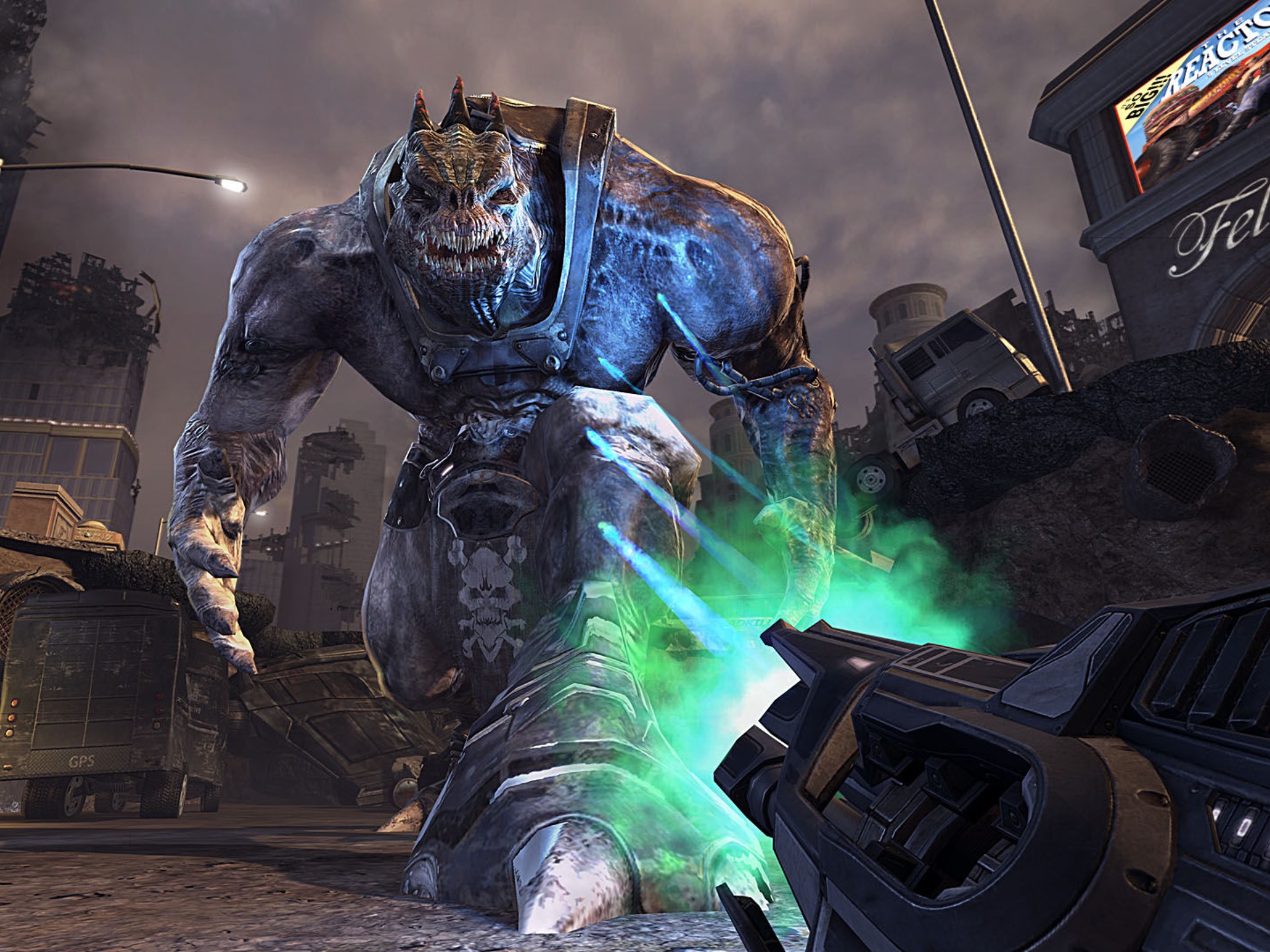Title: The Digital Fortress: Inside the "Troll Attack Shelter Sign Installer Simulator VR" Place Missions DLC
The virtual reality landscape is often a canvas for the epic, the fantastical, and the adrenaline-fueled. We scale mountains, command starships, and slay dragons. Rarely do we find profundity in the mundane, and even more rarely is that mundanity a direct, poignant commentary on the very digital world we inhabit. The original Troll Attack Shelter Sign Installer Simulator VR was a masterpiece of absurdist satire, casting players as a blue-collar worker fortifying a crumbling city’s infrastructure against a nebulous, online-born menace. Its genius lay in its stark, monotonous realism. Now, the Place Missions DLC doesn’t just expand the game; it completes its vision, transforming a clever satire into a deeply resonant, and unsettlingly personal, simulation.
The core premise of the DLC is deceptively simple: you are no longer installing standardized, mass-produced signs. The "Place Missions" are custom contracts. A notification pings on your in-game work tablet—a citizen, a real person living in fear within the game’s universe, has requested a specific sign installation at a specific location. This single mechanic shatters the anonymous, systemic feel of the base game and replaces it with something far more powerful: intimate, human vulnerability.
Each mission begins not at the depot, but in a dimly lit, cluttered home office. You must review the client’s case file. This is where the DLC’s narrative depth unfolds. You don’t just see an address; you read a story. A pdf document details the client’s "attack history." It’s a chilling read: screenshots of hateful comments, doxing attempts, manipulated images, and coordinated harassment campaigns from anonymous accounts labeled only as "Troll Activity." The language is not fantastical; it’s ripped directly from the darkest corners of social media, gaming forums, and comment sections. The client’s request form is often filled with a palpable mix of desperation and a faint hope that your services can provide a sliver of safety.
Your job is to travel to the location—a suburban home, a small bookstore, an artist’s studio apartment—and assess the "vulnerability." Using a new scanning tool, you analyze the digital footprint of the place. The VR headset’s passthrough technology is cleverly mimicked here; your view is overlayed with data streams showing Wi-Fi strength, social media check-in density, and weak points in the property’s "digital perimeter." The trolls in this universe are not green-skinned monsters; they are data ghosts, their presence felt through these abstract, invasive signals. A strong, unsecured signal is a welcome mat. A poorly configured smart doorbell is a critical vulnerability.
The actual installation is where the DLC’s gameplay truly shines. You’re not just bolting a sign to a wall. You are a craftsman of peace of mind. The clients often watch you work, their in-game avatars displaying anxious body language—wringing hands, hesitant glances out the window. You must carefully choose the sign’s placement for maximum visibility to deter trolls, but also for minimum aesthetic intrusion to comfort the client. You use a drill, anchors, a level, and a screwdriver, each tool rendered with excruciating physical fidelity in VR. The weight of the drill, the sound of the motor, the resistance as the bit bites into brick—it’s all intensely immersive. This isn’t busywork; it’s a ritual. You are performing a sacrament of security.
One mission involves a young musician who was bombarded with vicious criticism after a video of her performance went viral. Her request is for a large, illuminated "TROLL SHELTER - AUTHORIZED PERSONNEL ONLY" sign above her garage studio. As you work, she nervously tells you about how she stopped playing for months. Your silent, methodical work—measuring twice, drilling precise holes, connecting the wiring—becomes a form of therapy for both of you. The final step, flipping the switch and bathing the driveway in the sign’s cool, blue light, is a moment of profound catharsis. She thanks you, her voice cracking with emotion. There is no victory fanfare, only the quiet hum of the sign and the hope that it might be enough.
Another mission takes you to a local library that has become a target for coordinated campaigns against certain books. The head librarian doesn’t want a scary sign; she requests a subtle, dignified placard next to the entrance that reads, "This is a Place of Reason. Trolling is Met with Silence." Installing this smaller, more elegant sign requires a delicate touch, a different set of tools, and a deep understanding that the defense is not just physical, but philosophical.

The Place Missions DLC understands that the war against online toxicity isn’t fought on a grand battlefield. It’s fought in a million small, private spaces. It’s fought with anxiety, with resilience, and sometimes, with the desperate, symbolic act of bolting a warning to your own front door. This DLC elevates the game from a satire about a society to a portrait of the individuals living within it. It holds up a mirror to our own reality, where digital threats have very real, very human costs, and where the most heroic act can sometimes be the simple, steadfast act of building a shield, one carefully tightened screw at a time.















